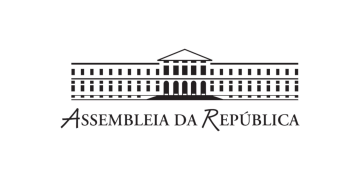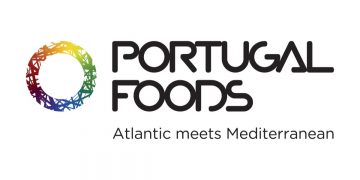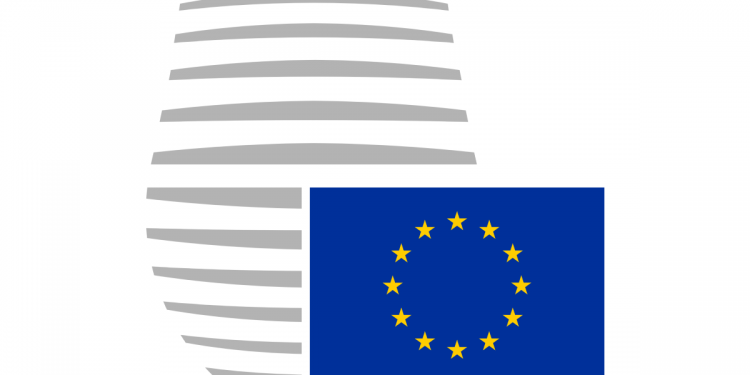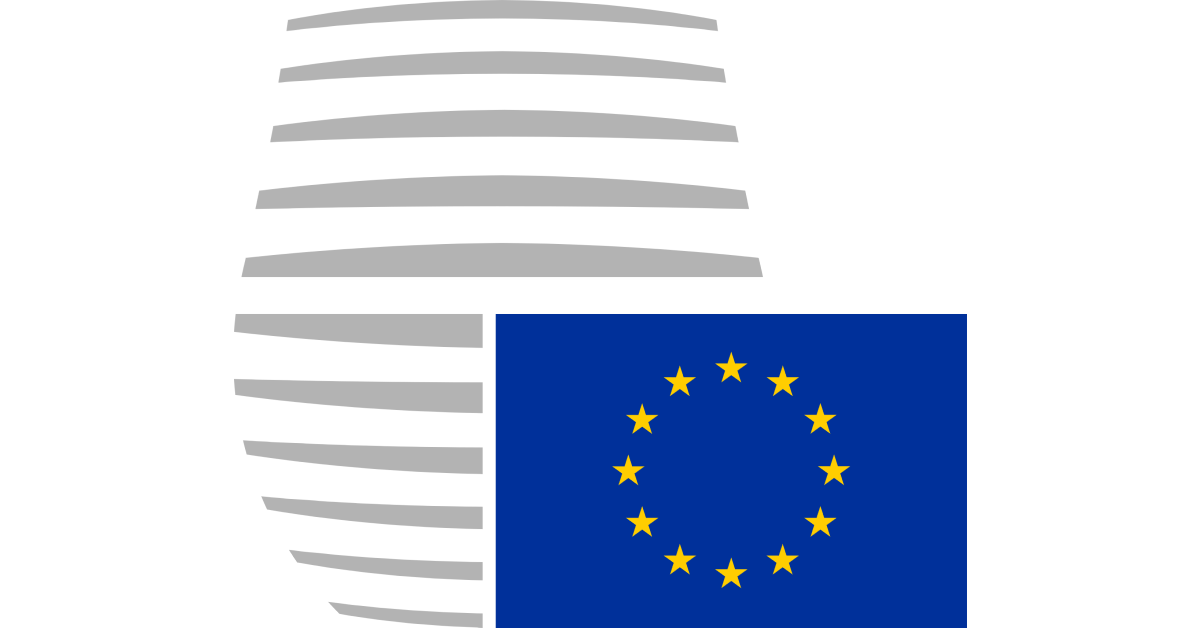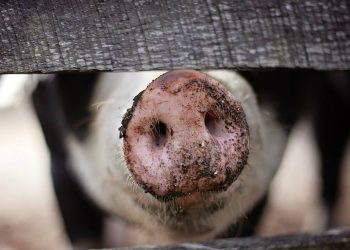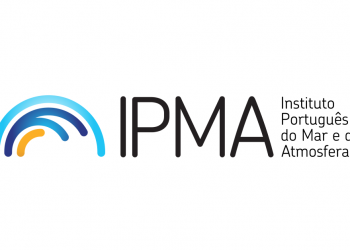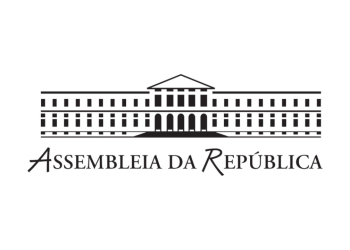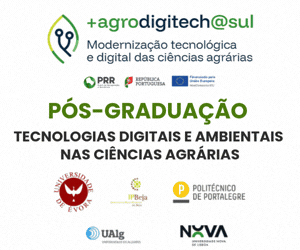Today, the Council formally authorised the Commission to open negotiations with the UK on an agreement for a common sanitary and phytosanitary area (SPS) and to link greenhouse emissions trading systems (ETS).
The aim of the SPS agreement is to reduce the burden of trading agricultural products between the EU and the UK by aligning sanitary and phytosanitary rules.
Linking ETS would facilitate trading of emissions allowances between the EU and the UK, contribute to the common sustainability goals and avoid carbon leakage between the two parties.
The envisaged agreements are a follow-up to the EU-UK summit and the ensuing Common Understanding agreed between the Commission and the UK government on 19 May 2025.
Last May we agreed with the UK to open a new chapter in our relationship. With today’s decision, we now set out to deliver concrete results. Agreement on these areas will lead to important reductions in the burdens faced by businesses in both the EU and in the UK and will benefit our consumers. We therefore approach negotiations with a hope that they can be finalised swiftly.
Marie Bjerre, Minister for European affairs of Denmark
Common sanitary and phytosanitary area
An SPS agreement would align Great Britain’s sanitary and phytosanitary standards with those of the EU, removing the need for most certificates and checks on animals, plants, and related products moving between Great Britain and the EU.
Through the Windsor Framework, these benefits would also apply to movements between Great Britain and Northern Ireland, while preserving Northern Ireland’s dual access to both the EU single market and the UK internal market.
Linking emissions trading systems (ETS)
The agreement should comprehensively cover how the linked ETS systems operate, clearly define the sectors included – such as electricity and industrial heat generation, industry, and domestic and international aviation and maritime transport – and establish a process for adding additional sectors in the future to prevent carbon leakage and ensure fair competition.
Linking the UK and EU ETS would allow goods from both parties to qualify for mutual exemptions from each side’s Carbon Border Adjustment Mechanisms (CBAM).
Next steps
Following today’s adoption of the Council decision, the Commission is authorised to open negotiations with the UK on the agreements in question. Once negotiations are finalised, the agreements will have to be endorsed by the Council before they can enter into force.
Background
The EU-UK Common Understanding agreed at the EU-UK summit of 19 May 2025 states that a functioning sanitary and phytosanitary area would address many of the issues raised in respect of the movement of agri-food products.
The Common Understanding also states that linking ETS would allow goods from both jurisdictions to qualify for mutual exemptions from each side’s CBAM provided they meet the relevant legal requirements.
O artigo foi publicado originalmente em Conselho Europeu.



